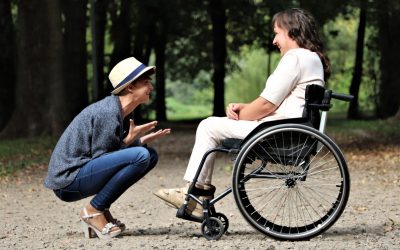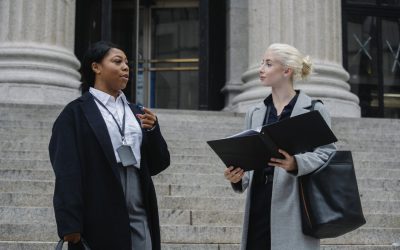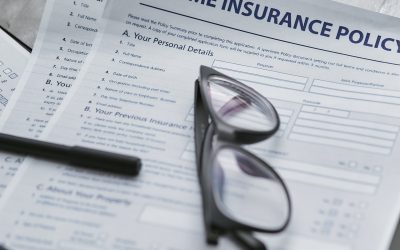Income Replacement Benefit
Income Replacement Benefit How will you support yourself and your loved ones if you cannot earn income after a motor vehicle accident? If you are...
Managing Your Mental Health during COVID-19
Managing Your Mental Health during COVID-19: We’re living in unprecedented times and it feels like the world has changed. It may seem like every day...
What happens If I’m Hit by an Uninsured Driver?
What happens If I’m Hit by an Uninsured Driver? An uninsured driver is a driver who is operating a motor vehicle without having motor vehicle...
Motor Vehicle insurance companies lowering insurance rates
Motor vehicle insurance companies lowering insurance rates: It’s not a surprise that we Ontarians pay a lot for our motor vehicle insurance....
Ocupiers Liability
Occupiers Liability An occupiers’ liability claim in Ontario is filed against a property owner or occupier who was somehow negligent in preventing...
So you had a slip-and-fall… now what?
So, you had a slip-and-fall… Now what?! Slip-and-fall injuries happen on Toronto city property every day. Many of these incidents are as a result of...
The ABC of LTDs: Breaking down the basics about Long-Term Disability
The ABCs of LTDs: Breaking down the Basics about Long-Term Disability In the event of an injury or illness where you are not able to return to work,...
COVID-19 & CHANGES TO FAMILY COURT – Is this the force needed to modernize access to justice?
COVID-19 & CHANGES TO FAMILY COURT—Is this the force needed to modernize access to justice? We are still under strict lock down orders from the...
Virtual Witnessing and Executing a Will or Power of Attorney (COVID-19)
Virtual Witnessing and Executing a Will or Power of Attorney In light of the COVID-19 pandemic, the Ontario government issued an Emergency Order in...
Emergency Management and Civil Protection Act
We wanted to let you know that the Lieutenant Governor in Council made an order under s. 7.1 of the Emergency Management and Civil Protection Act...
Child Custody – Best Interest of the Child
Child Custody – Best Interest of the Child When deciding about child custody, the primary consideration of the courts is to place the child in a...
Insurance Examination (IE)
Insurance Examination (IE) Most often our clients ask us if they have to attend the Insurance Examinations and why? We advise them to attend the...
Production of Plaintiff’s Facebook Posts in Courts
Production of Plaintiff’s Facebook Posts in Courts There has been a growing trend in production of the plaintiffs’ private Facebook posts in courts....
Contingency Fee Agreements (CFA)
Lawyers and paralegals are permitted to utilize contingency fee agreements with their clients in certain contexts. It is crucial for legal...
Your Long-Term Disability (LTD) Claim
Employees have long-term disability benefits through their employers’ group insurance policy, which provides income replacement benefit in the event...
Child Custody in Ontario
Child Custody in Ontario The breakdown of a relationship can be very difficult for the adults involved, but if that relationship has produced kids,...
















